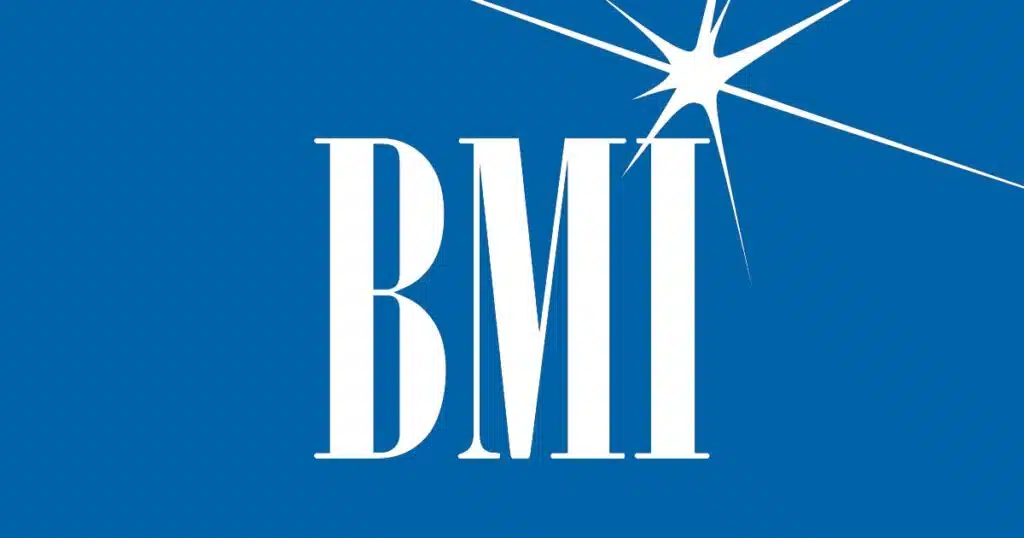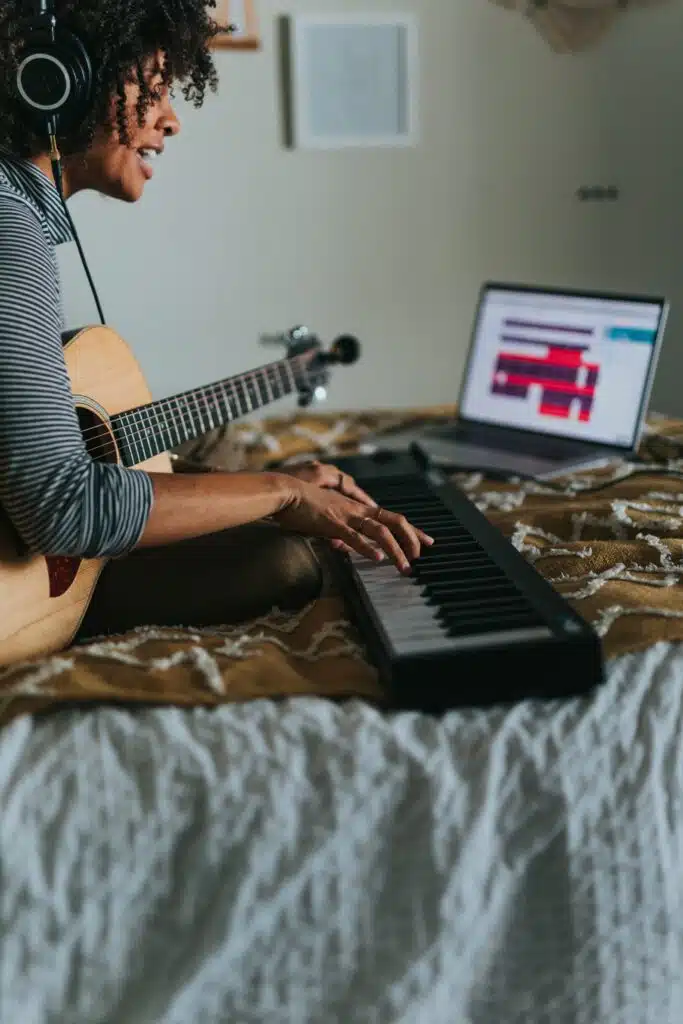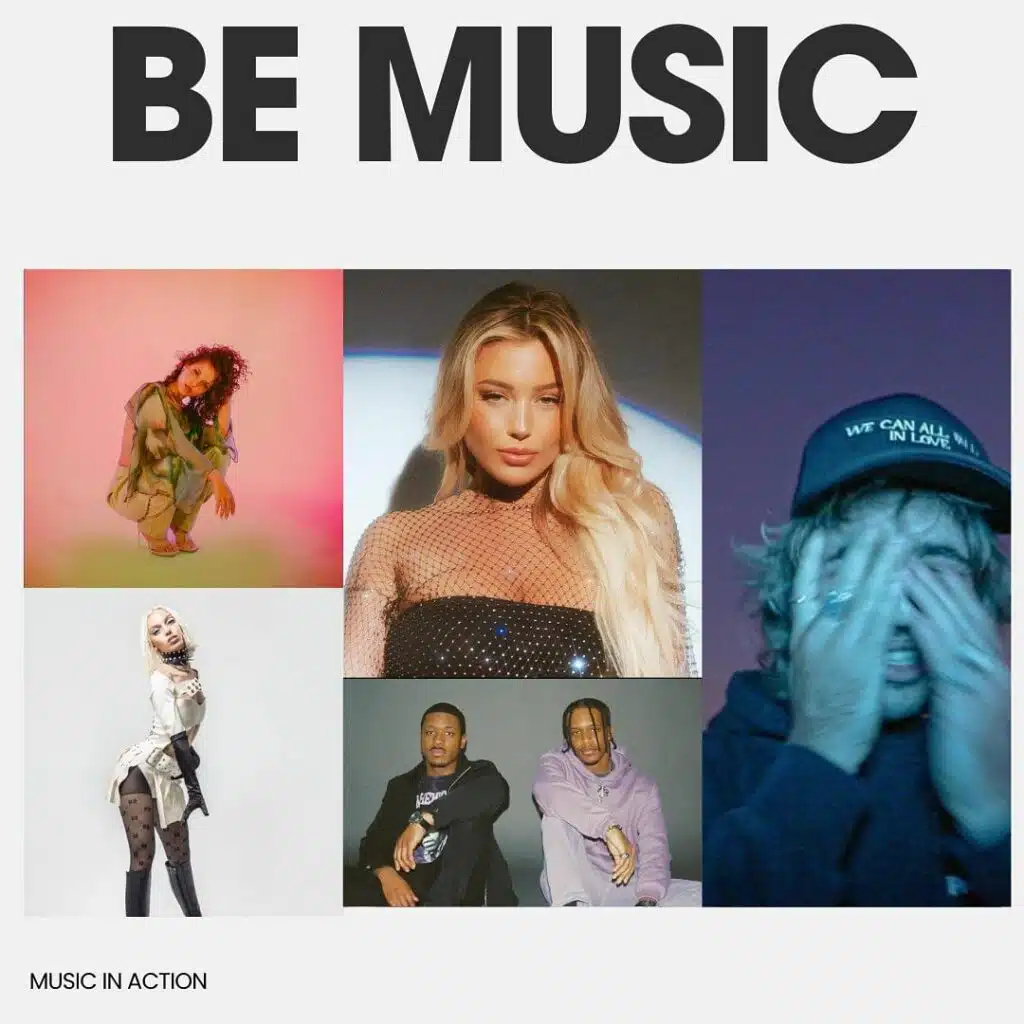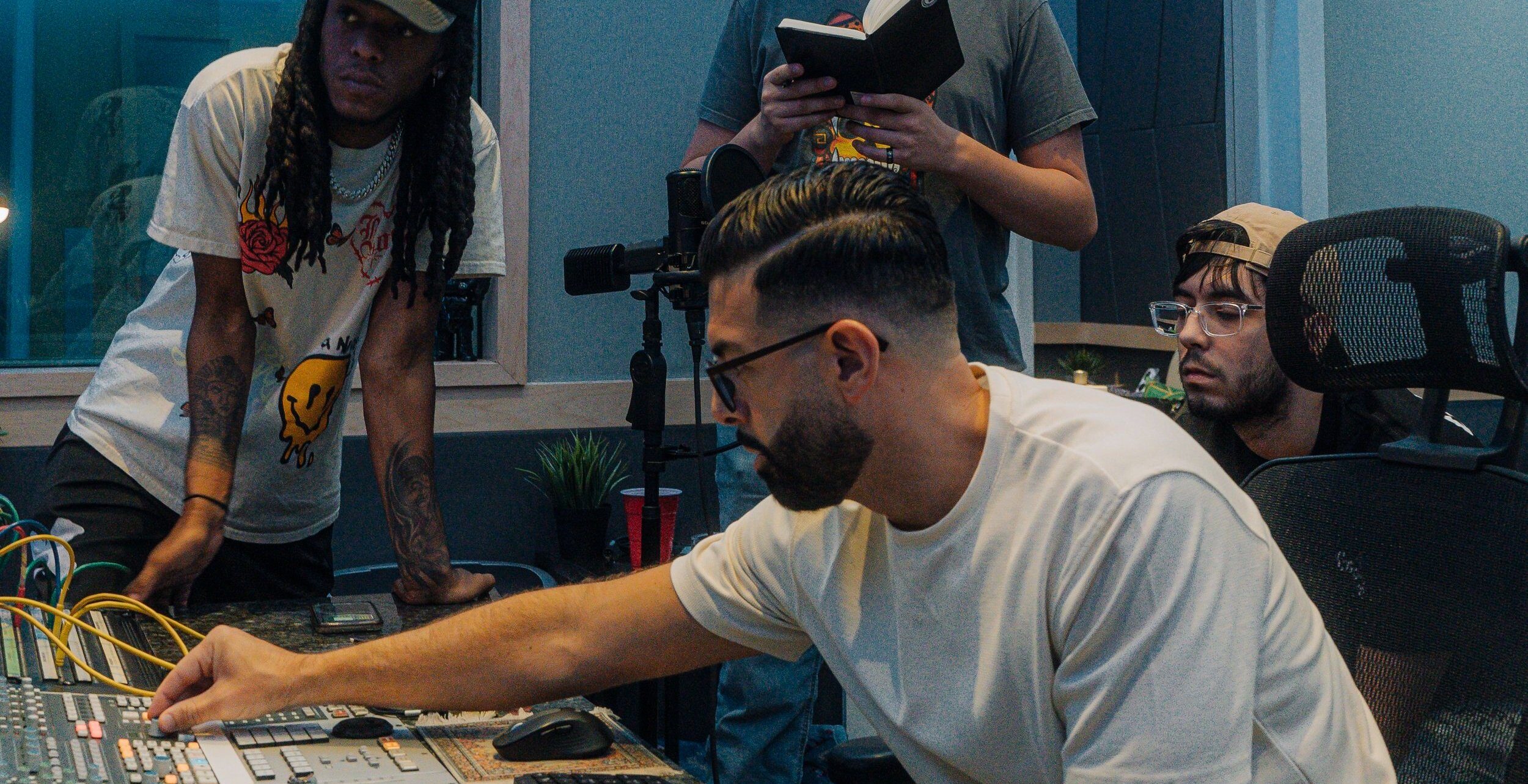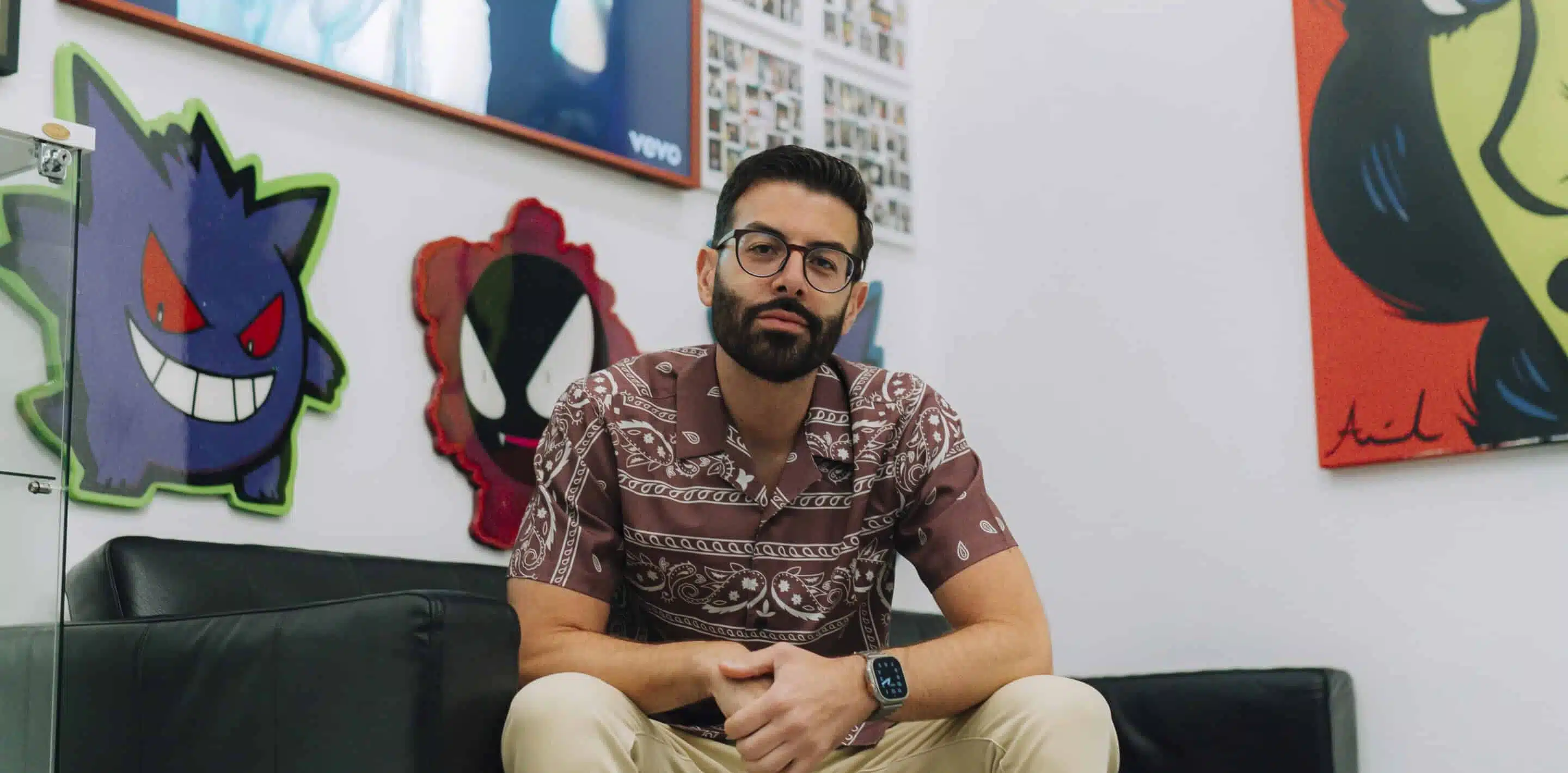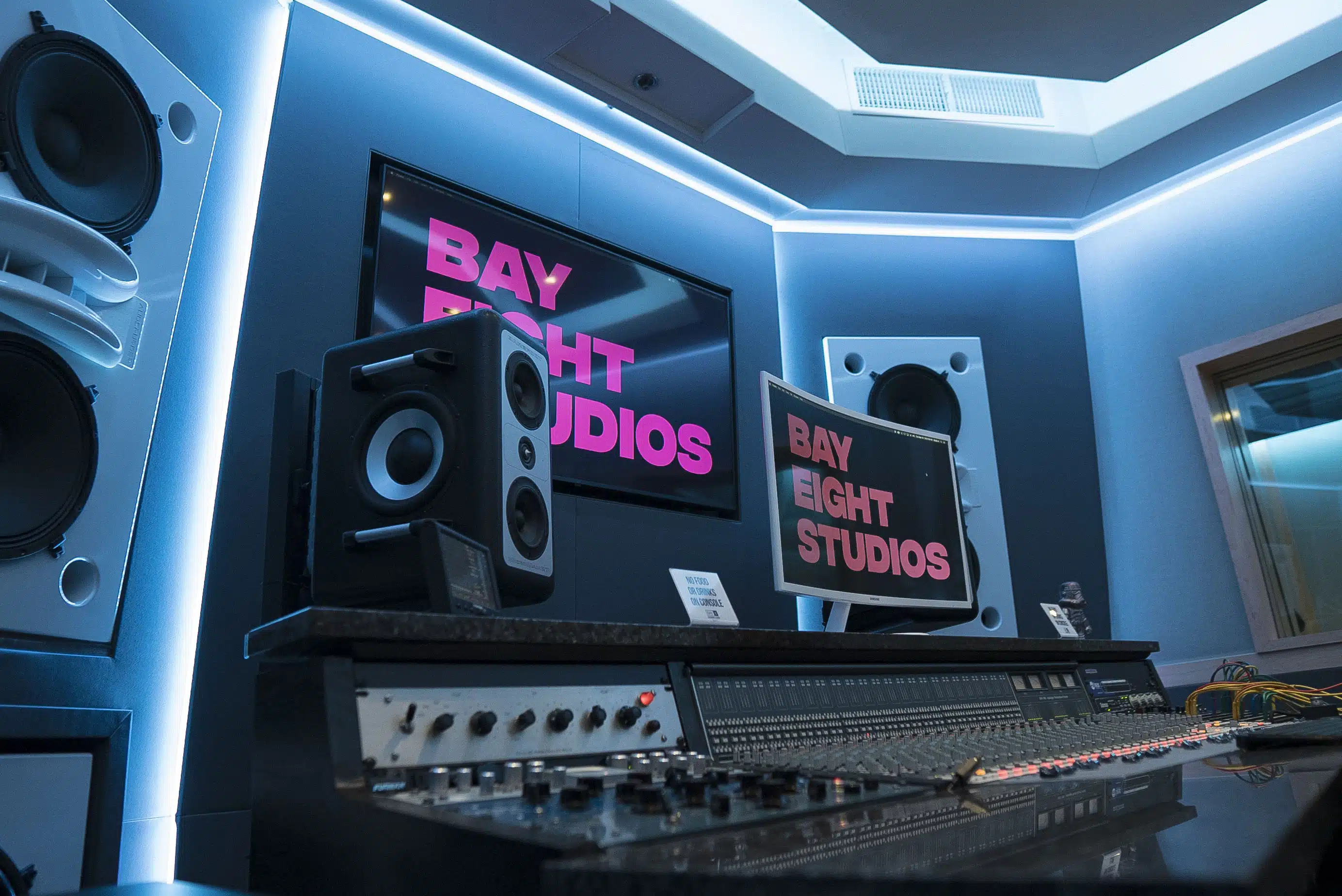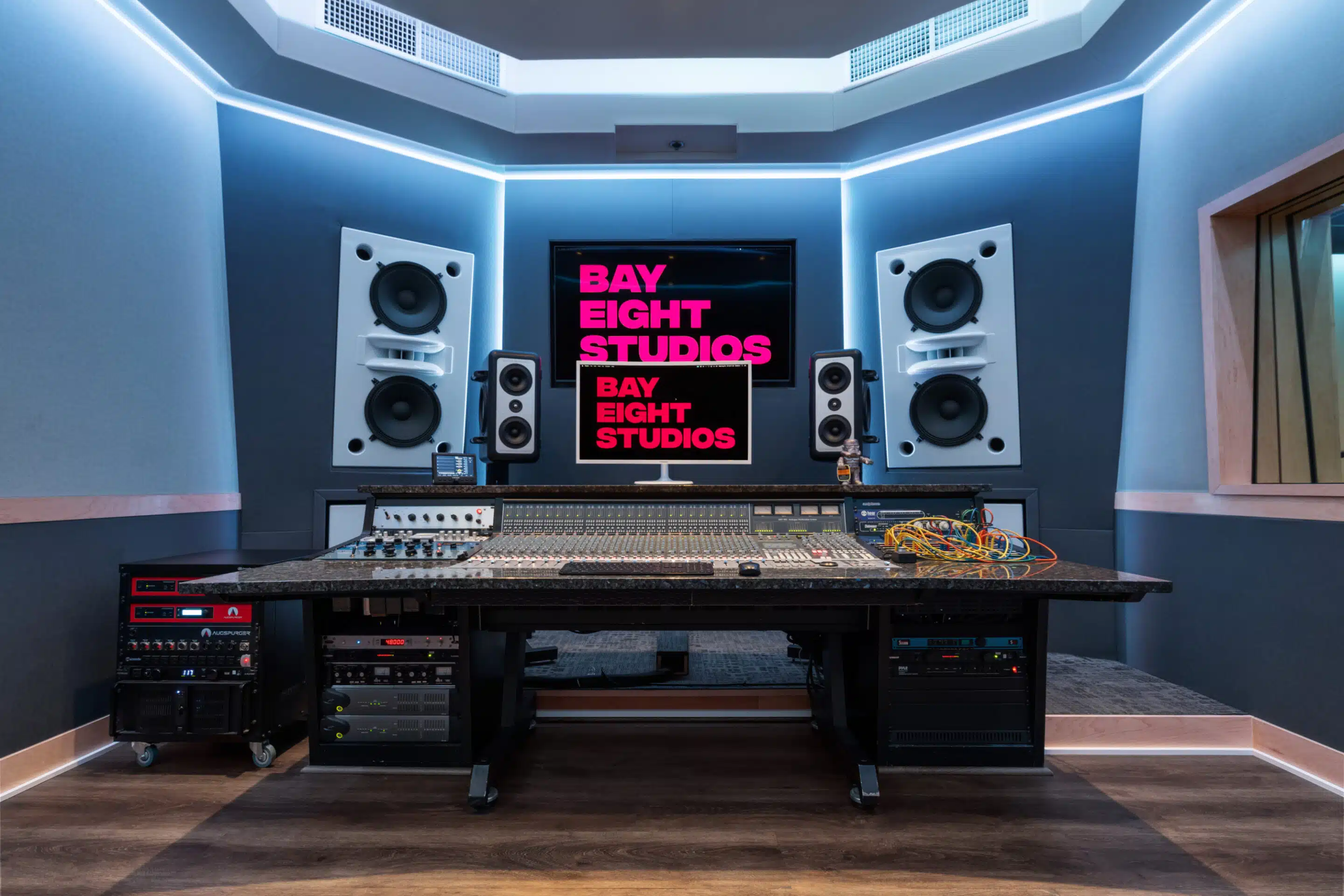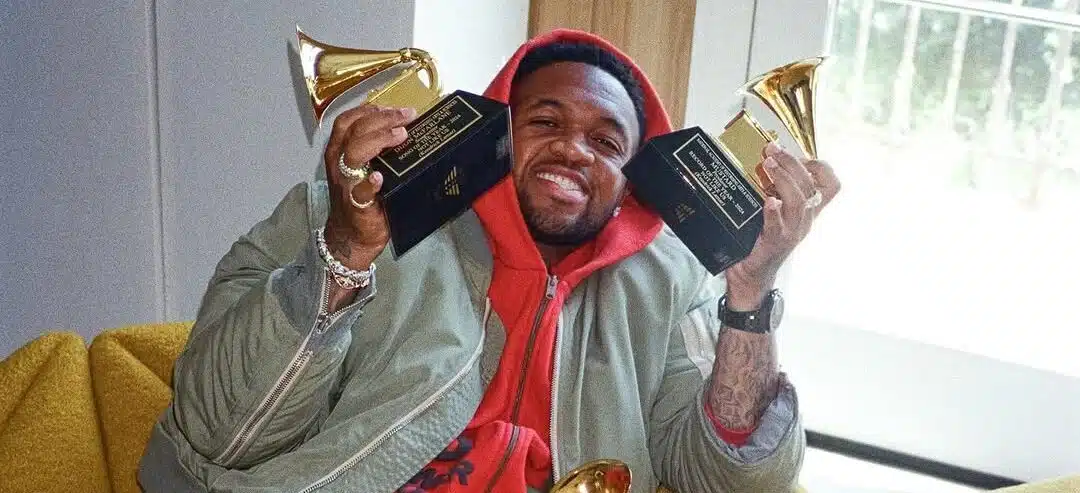When rapper Lil Yachty admitted to not knowing who his music publisher was, some seemed surprised. But we’d be willing to bet that this experience is much more common than artists let on. Unfortunately, many artists still sign contracts they don’t completely understand, and it’s easy to lose track of the many deals you’ll make as your career grows. While we’re all about “focusing on the music,” we want to empower indie artists to take control of their own careers. Let’s get into some of the most common questions about music publishing.
What is Music Publishing?

Money is made every time a song is played commercially. Music publishers are companies that help keep track of the money artists are owed from this process. These payments by the way, are royalties.
You’ve probably heard about mainstream artists like Ashanti, Anita Baker, and Taylor Swift talking about the consequences of not owning their “masters.” Recorded songs have two sets of copyrights attached to them, one for the sound recording and one for the composition. The composition refers to the melody, music, and lyrics. The sound recording or “master” is the recorded version of the composition. Music publishers are companies that keep track of royalties earned from a song’s composition.
What Do Music Publishers Do?
While a music publisher’s main job is to keep track of the royalties artists in their catalogue are owed, there’s more to what they do.
Because publishers make money when their artists’ music is licensed, they often work to promote for the artists in their catalogues. However, the number of additional roles publishers take on in addition to royalty collection is dependent on the type of publisher.
There are three types: administrators, independents, and majors. At the most major level, publishers like Warner Chappell and Sony provide creative services, pitching services, copyright management, and royalty accounting. On the other hand, administrators and independents may offer some of the services below, but not necessarily all.
- Registration – publishers will register for songs with PROs (Performance Rights Organizations). BMI, ASCAP, SESAC, etc. are US-based PROs. Most countries have their own performance rights organizations.
- Licensing – music publishers issue licenses for your songs so they can make you and themselves money. There are two main types of licenses: mechanical licenses (for when people want to cover your song, make remixes, etc.) and synchronization licenses (for visual media like TV and film, ads, etc.)
- Royalty Collection – performance royalties (royalties from live performances, radio plays, etc.), mechanical royalties (in the olden days, these royalties came from physical media like CDs and vinyl), sync royalties (royalties for placements in TV and film, video games, etc.).
- Pitching – music publishers will pitch your songs to music supervisors for advertisements, TV/film projects, video games, etc.
What Do I Need to Know About Music Publishing Contracts?
Before signing a contract with a music publisher, it’s worth paying for a lawyer to look over the contract. This can save you a lot of trouble later on. The legal lingo in these contracts can be very confusing, so the smartest thing to do is to turn to an expert. Make sure your contract states what to do if the publisher isn’t paying you. If there ends up being a dispute later on, this can save you money with lawyers. Finally, be sure to keep a copy of your contract, so you can refer to it when you need to, or if you’ve forgotten who your publisher is.
What Are the Types of Publishing Deals?
There are many types of publishing deals, and the options available to you mostly depend on how much success you’ve found as an artist. Three of the most common types of publishing deals are administrative deals, co-publishing deals, and sub-publishing deals.
- Administrative publishers simply collect royalties, audit licenses, and distribute those royalties. Since these types of publishers don’t promote artists, their fees are lower. Administrative publishers can be very attractive to major artists who don’t need the additional promotion. Administrative publisher’s fees are typically 10-20% of the income.
- Sub Publishing deals are often between a US publisher and a foreign publisher. Foreign publishers will collect earnings from their own countries and enter into an agreement to share a cut of these earnings with US publishers. In this instance, there is evidently an additional party taking a cut of the profits. These types of deals mostly impact artists who have attained an international fanbase.
- In co-publishing deals, songwriters transfer half of the copyright ownership to the publisher. Songwriters will get their 50% writer’s share and half of the publisher’s 50% share. We know this seems a bit confusing, but it essentially means that these songwriters get 75% of all publishing income because they’re collecting both songwriting income and publishing income. Hence the term, “co-publishing.”
How Do You Get a Music Publishing Deal?
Like many aspects of the music industry, there is no linear path to getting a publishing deal. Releasing good music, cowriting with other artists, and building your fanbase are all things that can help you get on the attention of music publishers. Also, you can submit your songs directly to music publishers, network with people at PROs, and even reaching out to people on social media can sometimes work. While a publishing deal can help take your career further, it’s essential to build a strong catalogue before reaching out to publishers.
How Long Do Music Publishing Deals Last?
When it comes to the length of publishing deals, there is a lot of variance based on the company you sign with and the type of deal you sign. Admin deals typically last 3-5 years, while co-publishing deals typically last 1-3 years with renewal options. The industry has largely moved away from longer term deals that could last decades (all the way up to the lifetime of a copyright) as artists have much more leverage these days.
If you do sign a publishing deal, remember that if you decide to terminate it, it’s your responsibility to notify PROs of the change. Otherwise, your royalties will continue going to the company you originally signed a deal with, who have little incentive to track you down and pay you once you’re no longer their client.
Summary
Hopefully we’ve helped further your understanding of the music publishing world. Whether you enjoy the business side of making music or not, we want to help you make informed decisions about your music career. Know that understanding the business side of things doesn’t make you less of a creative. However, if things like paperwork and licensing agreements are not something you want to spend time dealing with, you have the information you need to find a trustworthy publisher to outsource these things to.
Lastly, consider the many in-between options available to you even if you don’t sign with a major publisher. We invite you to consider checking out our sync licensing company, BE Music if you want to take advantage of lucrative opportunities in the film and TV world.

